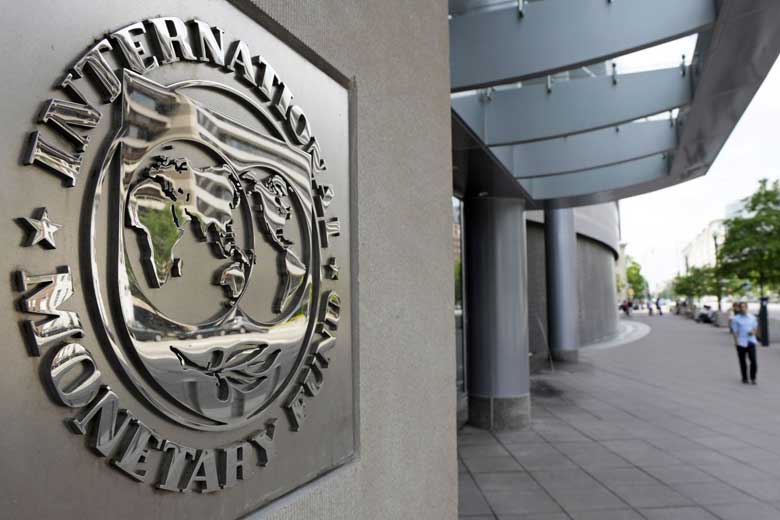- Africa’s new dawn: the rising role of digital and AI in agriculture
- Can Dangote Refinery Transform Africa Energy Ambition
- Gallup Survey: 80 per cent of Kenyan Workers Are Disengaged and Seek New Opportunities
- Madagascar Man Freed from 5KG Tumor After 15-Year Struggle
- How women in Africa are perceived and treated
- Sugar consumption in Kenya to Increase to 1.23 Million Tonnes
- Can Somalia and Turkey Oil deal Bring Change in Somaliland
- Remittances to Kenya dropped to $371.6 million in June, marking a six month low
Browsing: Botswana
The Board of Directors of the African Development Bank Group (www.AfDB.org) has approved a $137 million loan to support Botswana’s economic recovery from the Covid-19 pandemic.
The funds, extended under the Bank Group’s Botswana Economic Recovery Support Program, will be used to enact multi-sector reforms that will increase spending efficiency, create jobs and drive inclusive growth.
The project has three components: enhancing domestic resource mobilization and mitigating fiscal risks to enhance macroeconomic performance and create fiscal space for spending on social safety nets; supporting private sector-led agriculture and industry to bolster productivity and value addition, and increase job opportunities; and offering business development services to micro and small enterprises to advance social protection and gender equity. The three components are expected to reinforce one another.
“The African Development Bank is providing support for reforms to enhance private sector-led agriculture, and transformation of the industrial sector,” said Leila Mokadem, …
A small oil and gas exploration company that has offices in Africa, North America and United Kingdom is drilling into what it believes could be a massive onshore oil deposit under and alongside an ecologically and culturally important swath of the Kalahari Desert in northeast Namibia and northwest Botswana.
The firm known as Reconnaissance Energy Africa {ReconAfrica} says its Continued research findings present a picture of generating 100 billion barrels of oil and gas, a quantity roughly equal in volume to the proven oil reserves of Kuwait or the United Arab Emirates.
This Timely and good news however are facing a probable opposition from two United bodies and other independent entities who are arguing that in an event of this it will threaten local water supplies as well as the livelihoods of Indigenous people as the exploration site is found in a region also home to two United Nations Educational, …
Around the world, food systems and supply chains come in different shapes and sizes. And so too do food safety problems and their solutions.
In high-income countries, food supply chains are long and complex but also highly regulated and closely monitored. In low- and middle-income countries, major cities host similarly modern and regulated supply chains serving the growing middle and upper classes. But they also host traditional markets, often open-air, made up of unregulated small businesses with basic infrastructure. These markets provide many people with an income and are also where most people, especially the poor, buy their food.
These informal businesses face food safety challenges because they lack refrigeration units, have food that is exposed to the elements and stalls are, in general, rudimentary structures. This doesn’t necessarily mean that they’re always unsafe, and formal markets with modern infrastructure are safer.
However, informal businesses do lack regulation and their …
Having been officially opened for traffic on May 10, This year the bridge is expected to ease traffic and enhance trade between the two nations. The bridge was built by the two countries after agreeing to replace the existing ferry with a road transport in 2007.
But what are the economic impact of this bridge between the two nations and the continent?
The bridge is expected to significantly improve trade infrastructure of the Southern African Development Community (SADC) and the African continent as a whole as well as provide vital transport infrastructure on that corridor as it would facilitate easy access to intra-regional trade and international market through connectivity with major sea ports.
The Kazungula Bridge Project was officially commissioned by the Presidents of Botswana and Zambia, who applauded the African Development Bank for its work on this transformative project.
The 923-meter bridge with two border facilities on either side, …
BREXIT trade impacts in Southern Africa
If everything goes according to plan (and that’s a big statement), January 1st shall see the departure of the United Kingdom from the European Union, its single market and customs agreements.
As much as I would like to, it is becoming increasingly hard to believe that the parties will conclude a trade deal in time for the official divorce date. I am sceptical of a “hard” BREXIT as I believe that some sort of policy extension will remain in place for quite some time; anything else would be economic madness and given the current pandemic no politician would allow that to happen. (I know what you might be thinking but, luckily, that kind of stupid is currently reserved for leaders across the Atlantic).
The EU is South Africa’s largest trade partner while South Africa has long and in-depth trade relations with the United Kingdom. …
On 12th August, the world marked ‘elephant day’, marking key achievements in preserving the lives of the world’s largest land animal which for years has faced the extreme danger of extinction. However, when this day was being marked, unlike in previous years, there was a positive talk of how the elephant population has stabilized.
The majestic animal’s population has shrunk significantly over the past few decades. For example, in Africa, there are only about 415,000 elephants remaining; in 1989, there were 600,000, and in 1979, there were 1.3 million. Poachers in Africa have illegally killed an estimated 110,000 elephants over the past decade — about one-quarter of what Africa’s elephant population was 10 years ago.
However, with global efforts and a dwindling market for elephant tusks, there is a more focus on how to manage the population. In fact, there are regions in Africa that have consistently registered an increase …
 Africa has some of the most expensive mobile data services in Africa. With the increase in connectivity via smartphones, people in emerging markets can use their portable devices for more things each passing day. Most of us have a smartphone with mobile data that we can carry anywhere and as soon as we step home we switch to our Wi-Fi not to overuse our mobile data; which is most of the time unfairly overcharged.
Africa has some of the most expensive mobile data services in Africa. With the increase in connectivity via smartphones, people in emerging markets can use their portable devices for more things each passing day. Most of us have a smartphone with mobile data that we can carry anywhere and as soon as we step home we switch to our Wi-Fi not to overuse our mobile data; which is most of the time unfairly overcharged.
However some people do not have the privilege to afford both mobile data and internet at home, so they opt for the more expensive but more portable mobile data. Everyday, people in emerging African countries are forced to take this decision and are sometimes charged the most expensive prices in the world for mobile data. What is important to know also is the dependency and impact of smartphones in lower income communities.
With a difficulty in …
The African Development Bank (AfDB) and the Botswana Development Corporation (BDC) signed a Line of Credit (LOC) totalling $80 million to help scale up key investments in Botswana.
The AFDB said in a statement that the Botswana Development Corporation will only lend to specific target groups, focusing on industrialisation including transport, manufacturing and service sectors that have important development impact.
The repayment period will be over 10 years, including a two-year grace period.
Also Read: IMF urges Botswana to start consolidating in 2020
“The African Development Bank is excited to collaborate with BDC to promote private sector development, as well as support broad-based economic growth in Botswana,” said Mohamed Kalif, Manager, Financial Intermediation and Inclusion Division signing on behalf of the Bank.
Kalif said that the facility is the largest to be extended to a financial institution in Botswana and that the Bank is very proud of its partnership with …
China is on an economic dalliance with Africa where trade between the country of the dragon and the ‘Dark Continent’ has hit US$188 billion from a meagre US$13 billion in 2001…
The International Monetary Fund (IMF) has urged Botswana to start a fiscal consolidation programme in 2020 to reduce the budget deficit and contribute to a gradual rebuilding of its buffers.
“While Botswana still has some fiscal space that allows a gradual adjustment, fiscal consolidation should start in 2020, supported by both revenue and expenditure measures,” said the IMF.
IMF said the composition of the adjustment needs to be carefully calibrated to minimise the impact on competitiveness, growth and the most vulnerable in advancing consolidation.
By 2036, Botswana wants to do away with the model its economy being heavily reliant on mining and government expenditure as the country strives to become a knowledge-based economy and gain high-income status through the private sector and exports.
According to the IMF, this switch will spur a need to redo the macro-economic policy frameworks so as to increase the resilience of the economy and accelerate …






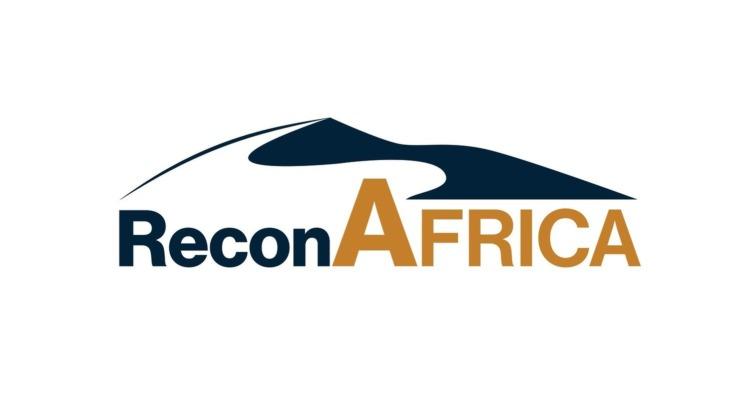

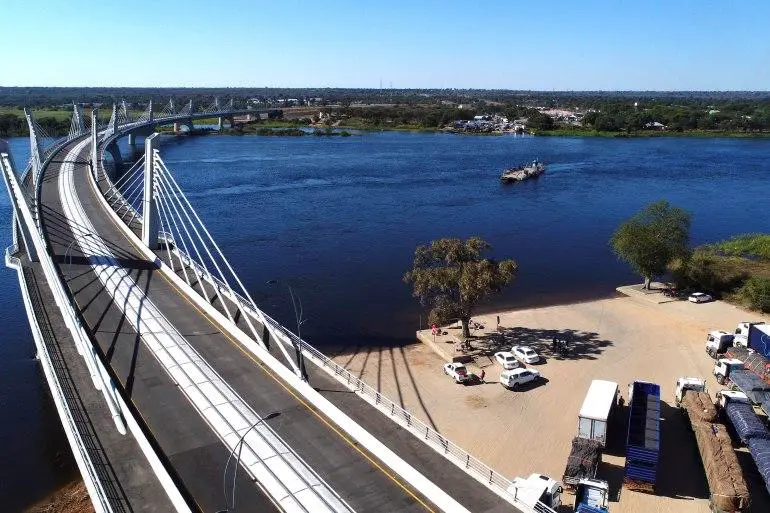
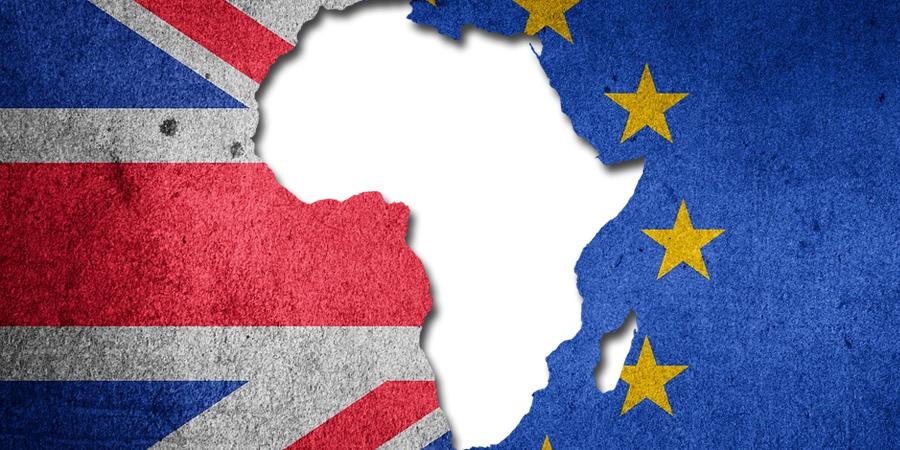
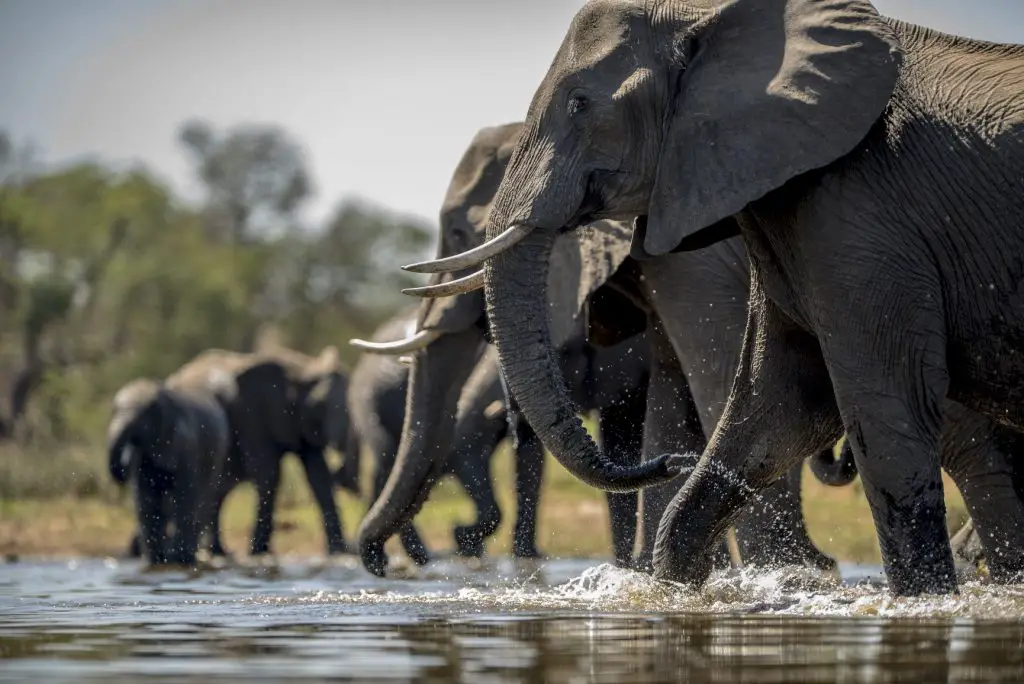

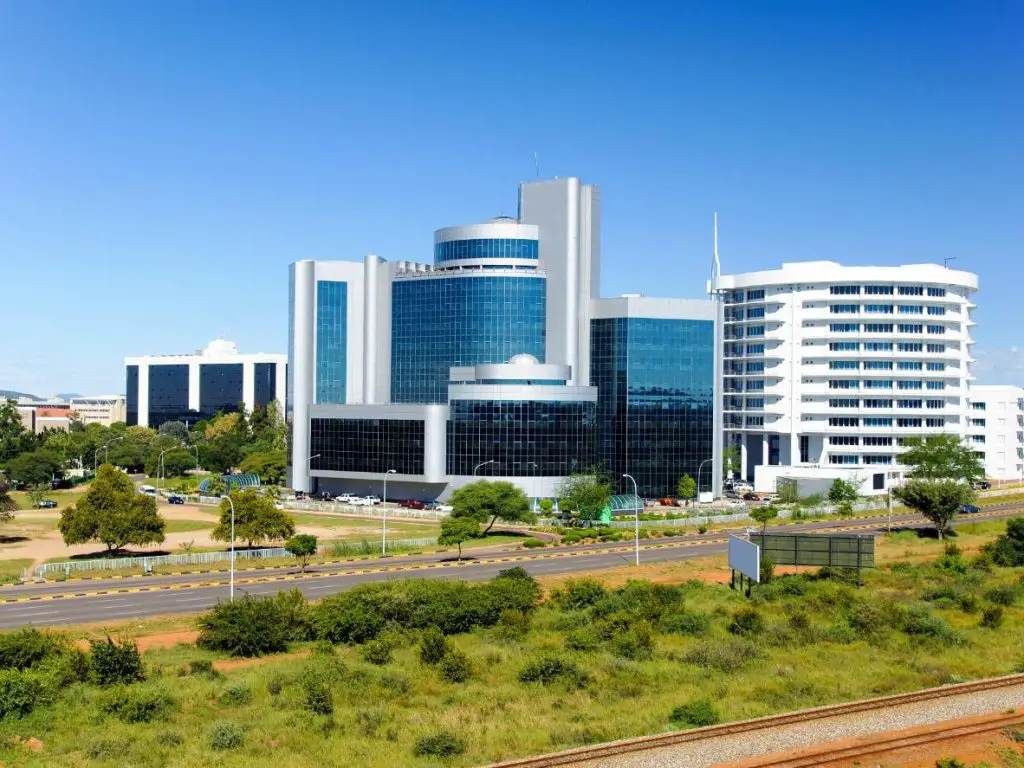
![Lockdown on China: Africa feels heat as world quarantines Beijing The Coronavirus 2019nCoV. The scare is spreading with 213 people having died from the viral infection in China with close to100 cases reported outside China. [Photo/CNN]](https://theexchange.africa/wp-content/uploads/2020/01/Coronavirus_CNN-1024x576.jpg)
